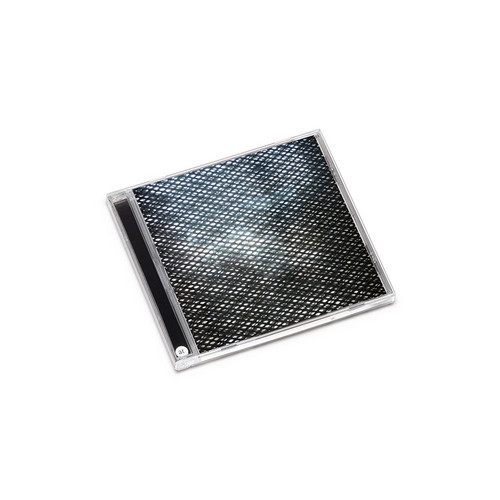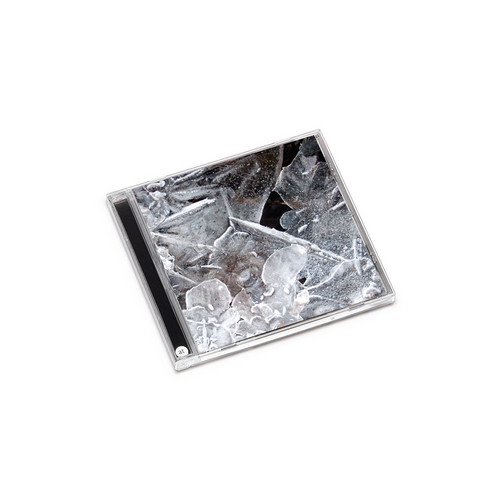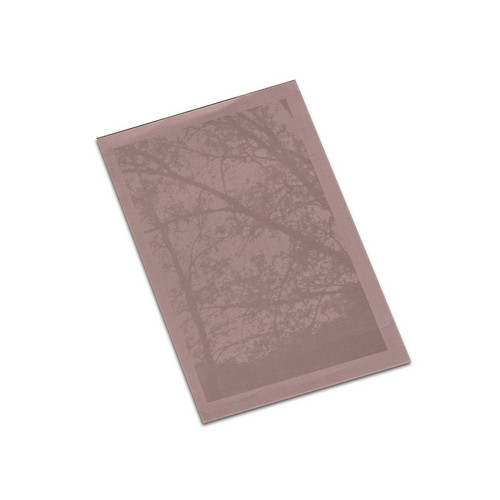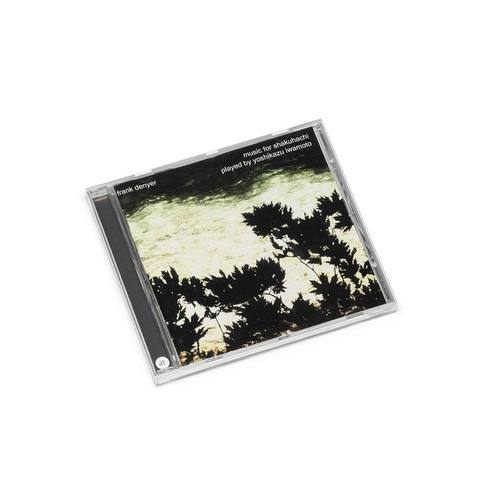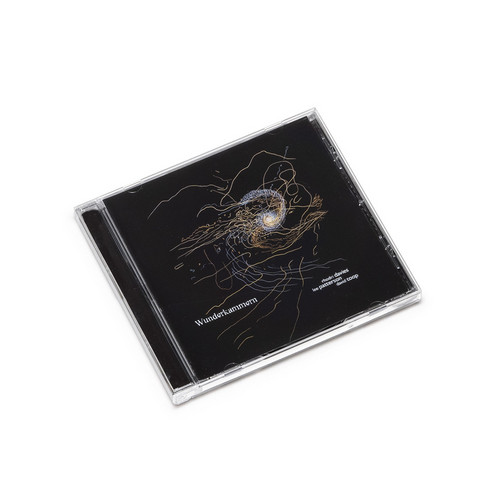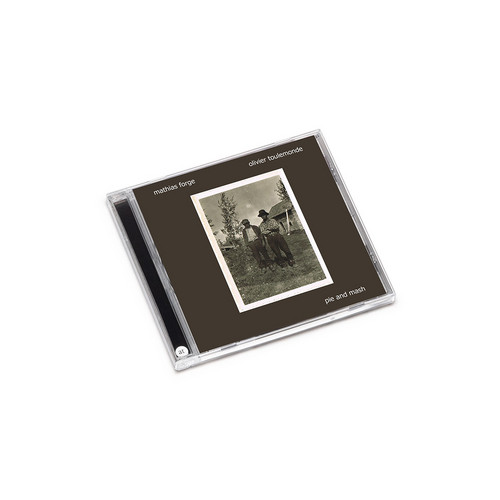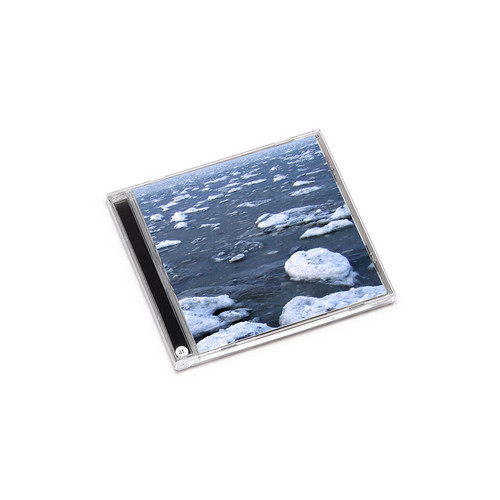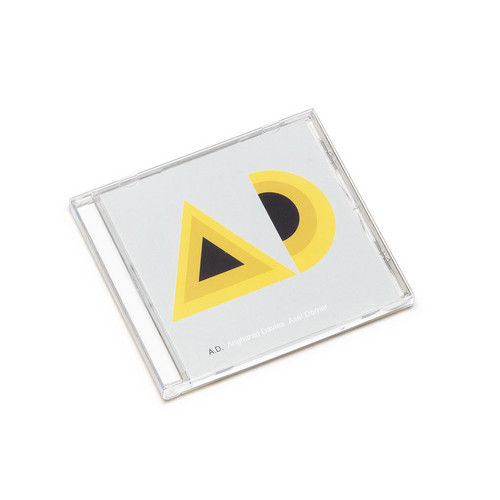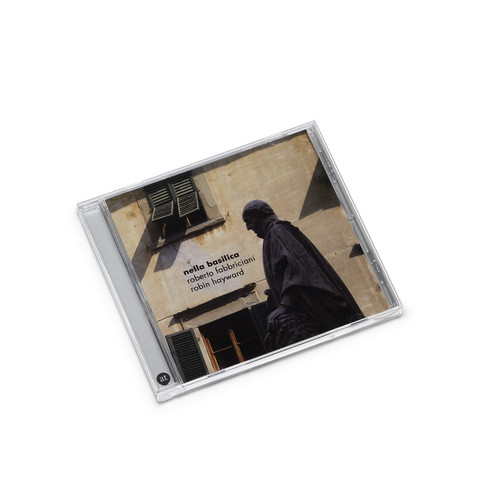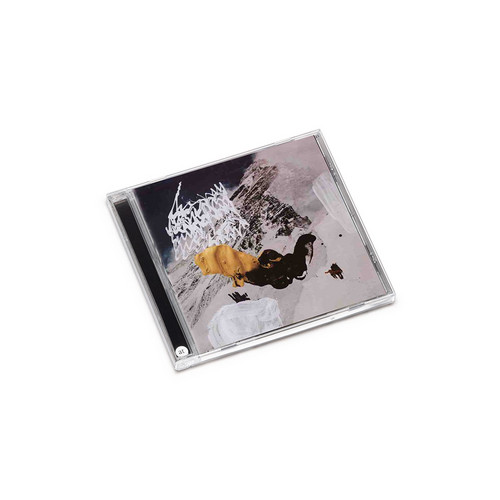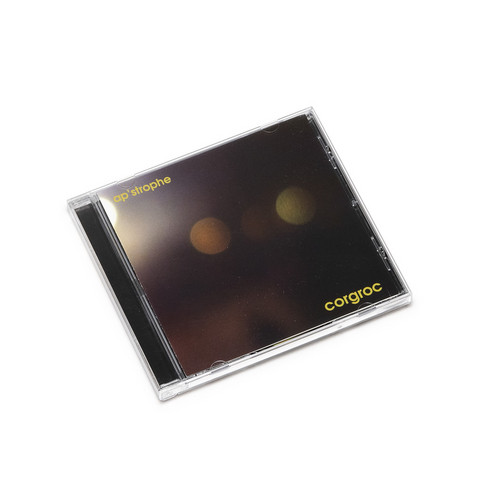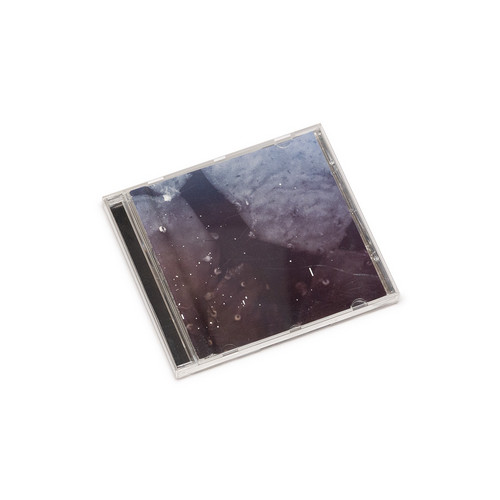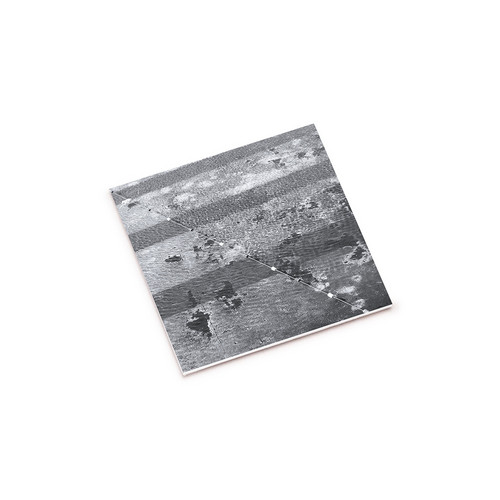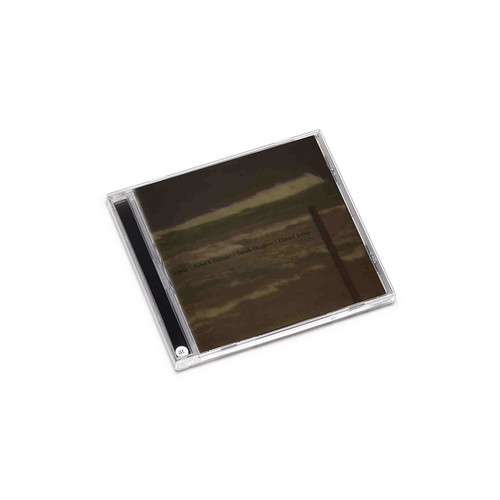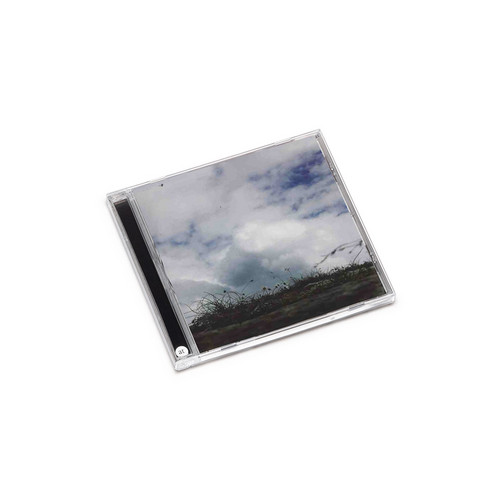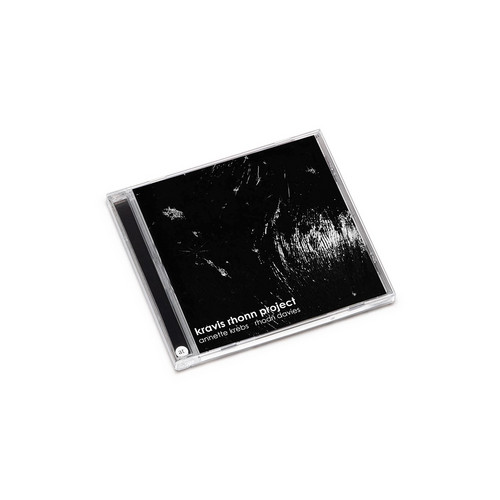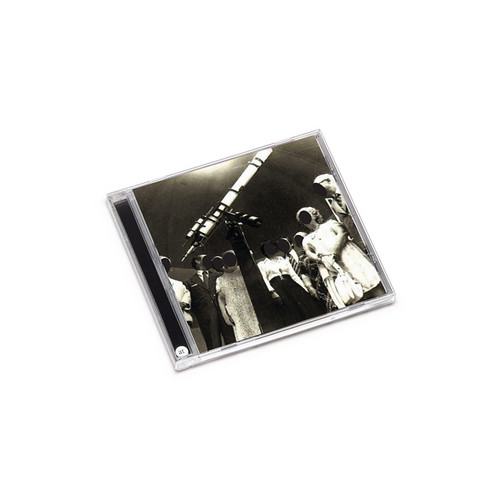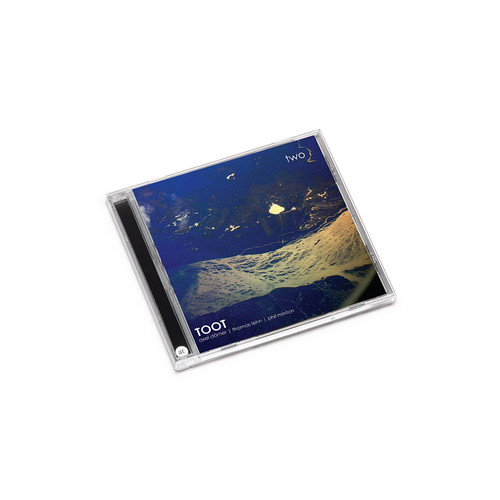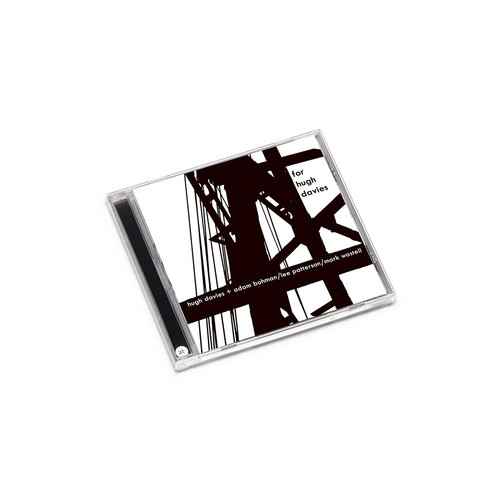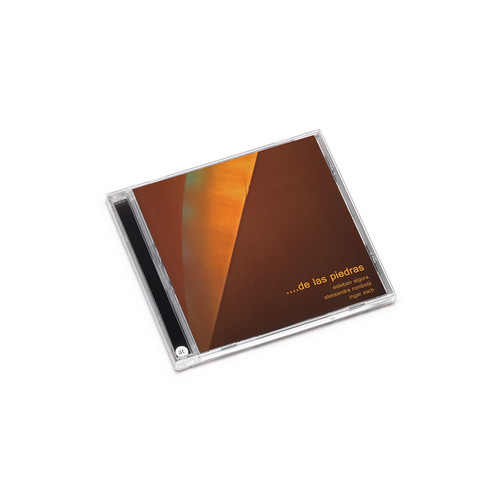★Another Timbre
Choices
The first meeting on disc between two of the finest and most innovative electroacoustic instrumentalists in Germany: Argentine-born, Berlin-based Lucio Capece (soprano saxophone, bass clarinet, preparations, mini megaphone) and Hamburg-based Birgit Ulher (trumpet, mutes, radio, speaker). Recorded live on May 14th, 2010 at the Blurred Edges Festival in Hamburg, Choices documents three pieces that explore the expanded sonic possibilities of prepared wind instruments through extended techniques and…
Horsky Park
Horsky Park (Another Timbre) documents the refined improvisational encounter of Tiziana Bertoncini - an Italian violinist with deep classical and contemporary training - and Thomas Lehn, renowned for his mercurial analog synth work. The duo’s sound is shaped by the alchemy of their contrasting instruments: violin, with its centuries of tradition, meets the unpredictable surge and sizzle of live electronics. The two primary pieces, recorded in 2006 (Heidelberg) and 2010 (Milan), testify to a matu…
Dying sun
The third album by the established and highly respected Greek/Swedish/Norwegian trio Looper: Nikos Veliotis (cello), Martin Küchen (saxophone) and Ingar Zach (percussion). Recorded at GMEA auditorium in Albi, France, by Benjamin Maumus, January 2010. Music by Looper. Edited, mixed by Nikos Veliotis. Mastered by Coti K. Co-release Cathnor recordings.
Music For Shakuhachi
Four works spanning two decades document an extraordinary musical collaboration between British composer Frank Denyer and shakuhachi master Yoshikazu Iwamoto. They met at Wesleyan University in Connecticut in 1974, where Denyer was a doctoral student in ethnomusicology and Iwamoto artist-in-residence in the World Music programme. What emerged is a folio of compositions that run like a vein through Denyer's output - a body of work unique in contemporary music.
Denyer was not interested in east-we…
Wunderkammern
David Toop laptop, steel guitar, flutes, percussive devices. Rhodri Davies harp, ebows, electronics, preparations. Lee Patterson amplified devices, field recordings. Recorded by Dave Hunt at Dave Hunt Studio, London, 24 July 2006. Magnificent, tight studio recordings from 2006 by a trio of UK improvisers of different generations, coming together to create a rich and strange soundworld of whispered, scraped and quietly haunting reverberations.
Pie and Mash
A duo improvisation between French trombonist Mathias Forge and Brussels-based improviser Olivier Toulemonde, recorded live in Sheffield in January 2010, with and without audience. Pie'n'mash – its title playfully referencing the traditional London working-class dish – documents the meeting of two remarkable musicians who were relative unknowns at the time but who have since been recognized as significant voices within post-reductionist improvisation.
Forge, a virtuosic young trombonist, demonst…
Giles U.
An improbable yet utterly compelling duo pairing tuba and spinet – two instruments rarely heard together in musical history, brought into dialogue by German tubaist Carl Ludwig Hübsch and Swiss spinet player Christoph Schiller. Recorded in Cologne in November 2009, Giles U. documents seven pieces that explore the sonic possibilities of this unconventional combination, creating what one critic aptly described as "the kind of thing you might hear if a steampunk novel became sound."
Hübsch, a major…
AD
A duo encounter between two of the most distinctive voices in European improvised music: Welsh violinist Angharad Davies and German trumpeter Axel Dörner. Recorded in December 2008 at a West London house, A.D. documents an intimate meeting between two musicians who share a profound commitment to extended technique and sonic exploration, creating music that transcends the conventional boundaries of their instruments.
Dörner has long been recognized as one of the most consistently innovative trump…
Nella Basilica
Nella Basilica is the singular result of a meeting between Robin Hayward andlegendary flautist Roberto Fabbricciani, whose work with Luigi Nono defined extended technique and instrument invention for late twentieth-century music. Working in the ancient church in Arezzo, Hayward and Fabbricciani improvise across five sections (“Nella Basilica,” “Adagio,” “Riflessione,” “Colori Di Cimabue,” and “Arezzo”), with the massive interior space a continual, living presence. Fabbricciani brings three bass …
Crepuscular Rays
Norwegian guitarist Håvard Volden (12-string guitar, objects) and Japanese master Toshimaru Nakamura (no-input mixing board) recorded these two pieces in Norway in 2008, creating what one Norwegian reviewer calls "a timbre based album with some auditory surprises." The music is "slow and quiet, with contrasting elements. A cutting tone, a crackling flicker, or a deep bass tone gives the progress colour. It is exciting to listen to an expression that moves with this much unpredictability."
Norman…
Corgroc
Barcelona-based Ferran Fages is known both for his lyrical acoustic guitar playing (on solo discs such as Cançons a per un Lent Retard and Al Voltant d'un Para/'lel) and for hard-edged electronics (with groups such as Cremaster and Octante). His work in Ap'strophe—a duo with Athens-based zither player Dimitra Lazaridou-Chatzigoga—is an intriguing combination of these two sides of his music: there is plenty of resonant acoustic playing, but this is set against both the metallic textures of Lazari…
Lost Daylight
Long-awaited gem featuring John Tilbury performing five solo piano compositions by little-recorded Fluxus minimalist Terry Jennings (1940-1981), followed by a forty-minute realization of John Cage's Electronic Music for Piano with Sebastian Lexer on electronics. Recorded in London, November 2007 and September 2009.
Tilbury - best known for his membership in AMM and renowned for recordings of Cage, Cornelius Cardew, Morton Feldman, Howard Skempton and Christian Wolff - brings his unique sensibili…
Turned Moment, Weighting
'Stephen CORNFORD is better known for his work in sound sculptures and installations than as an improvising musician. But on ÔTurned Moment, weighting' (at-b07) he uses the piano as a source for feedback patterns, which he blends with the gentle Feldmanesque playing of pianist Samuel RODGERS to produce three extended improvisations of astonishingly delicacy. Samuel RODGERS has said that 'though being aware of and struggling with the tradition and limitations of the instrument, I have found the…
The cat from Cat Hill
Named after the slow loris—an animal beloved by Patrick Farmer and Sarah Hughes for its shy, gradual movements—this London trio creates music that moves at a similarly unhurried pace. Farmer (natural objects, e-bow snare, tapes), Hughes (chorded zither, piano, e-bow), and Daniel Jones (turntable, e-bow, piezo discs, electronics) recorded these three pieces at Middlesex University in 2009, producing what Richard Pinnell in The Watchful Ear describes as "a calm but invigorating massage of the eard…
Electricals
Few albums have been more accurately titled. Though Kyle Bruckmann (oboe, English horn) and Ernst Karel (trumpet) come from acoustic backgrounds, analogue electronics dominate these five pieces, creating what Gino Robair termed "voltage made audible." The duo manages their modular synthesizers the old-school way—"by twisting knobs, flipping switches, yanking patch cords in and out, and sometimes using their own fingers as conductors between cables and instruments," as Bill Meyer describes in Dus…
Kravis Rhonn Project
Radical collaboration between two of European improvisation's most innovative voices, recorded in Berlin in April 2008. Annette Krebs (guitar, mixing board, tapes) and Rhodri Davies (electric harp & electronics) created hours of raw material during sessions in Krebs's apartment, which she then spent months editing and mastering into this intriguing three-part suite. Krebs - one of contemporary improvisation's most distinctive and selective voices - has built her reputation through carefully chos…
Lunula
Barcelona's Octante—Ruth Barberán (trumpet, speaker, microphones), Alfredo Costa Monteiro (accordion, objects), Ferran Fages (oscillators, pick-ups), and Margarida Garcia (electric bass)—create what one reviewer calls "a crackling and crunching kind of sound" that's "utterly condensed." The quartet has essentially become "one common music machine" where distinguishing individual instruments becomes nearly impossible. The two extended improvisations (each around 29 minutes) recorded in Barcelona …
Two
Trio improvisations recorded at festivals in Esslingen, Germany (2005) and Klagenfurt, Austria (2008). Axel Dörner (trumpet), Thomas Lehn (analogue synthesiser) and Phil Minton (voice) - TOOT's second album, following One on Sofa Records. Two extended collective improvisations finding three masters of European improvisation in absolutely fine form.
Dörner brings his trumpet deconstructions - brassy hisses, burred growls, sputtered flurries. Lehn provides warm analogue synth grit and oscillations…
For Hugh Davies
Extraordinary homage to pioneering instrument-builder and improviser Hugh Davies (1943-2005), recorded in January 2008. Adam Bohman (prepared balalaika & amplified objects), Lee Patterson (amplified objects) and Mark Wastell (cello) - three improvisers heavily influenced by Davies's work - improvising alongside solo recordings Davies made in the 1970s. A virtual quartet where one voice is fixed, unable to respond.
Davies - who worked as Karlheinz Stockhausen's assistant in Cologne in the mid-60s…
...de la piedras
Trio improvisations recorded at the Eremita de la Anunciada, Urueña, Spain, August 2007. Esteban Algora (accordion), Alessandra Rombolá (flute and tiles installation) and Ingar Zach (percussion) - three Madrid-based improvisers creating music where the room became a fourth member of the group. An entirely acoustic affair. The title, taken from a poem by Pablo Neruda, suggests the use of the space where the recording was made - an old stone church where the instruments amplify and extend the pote…
